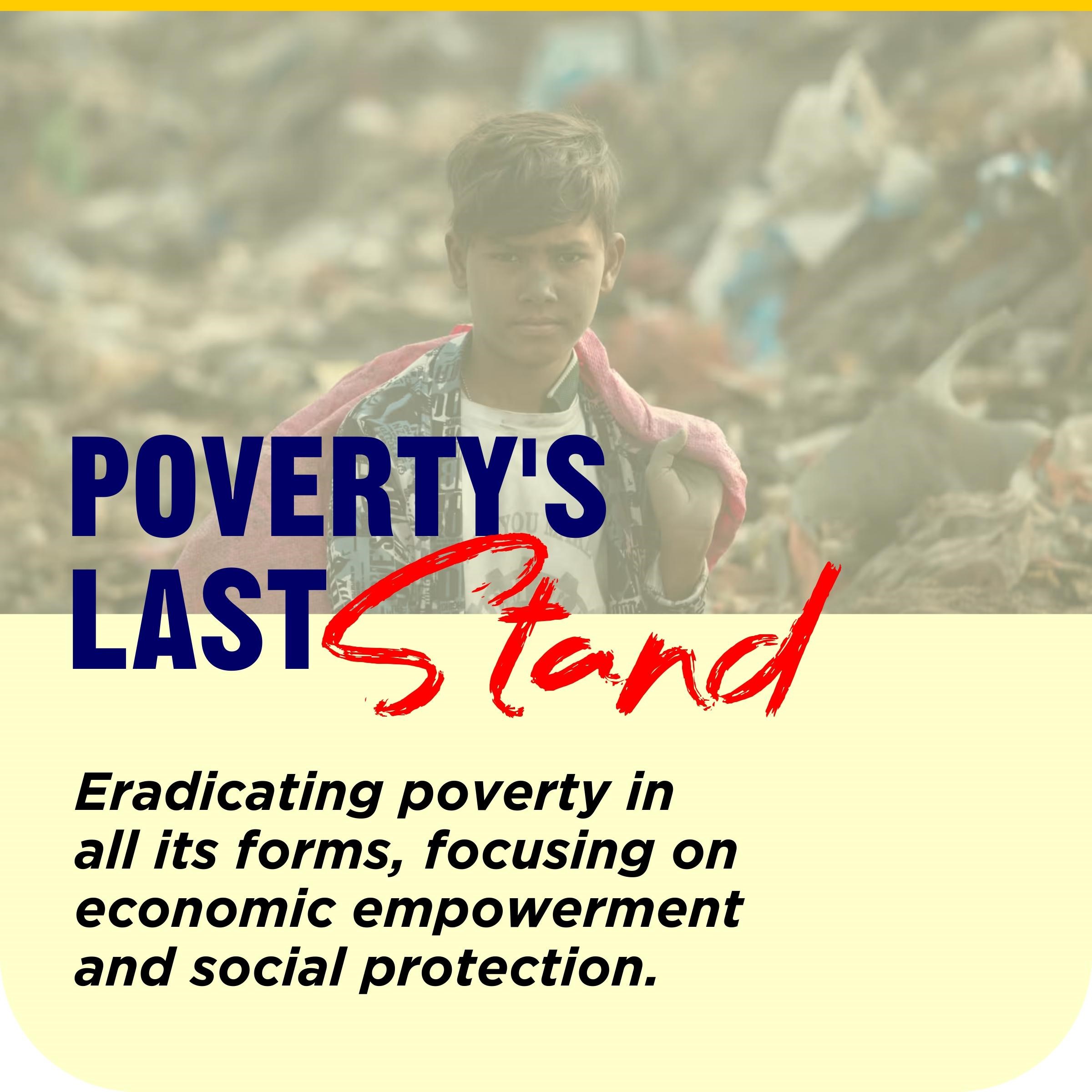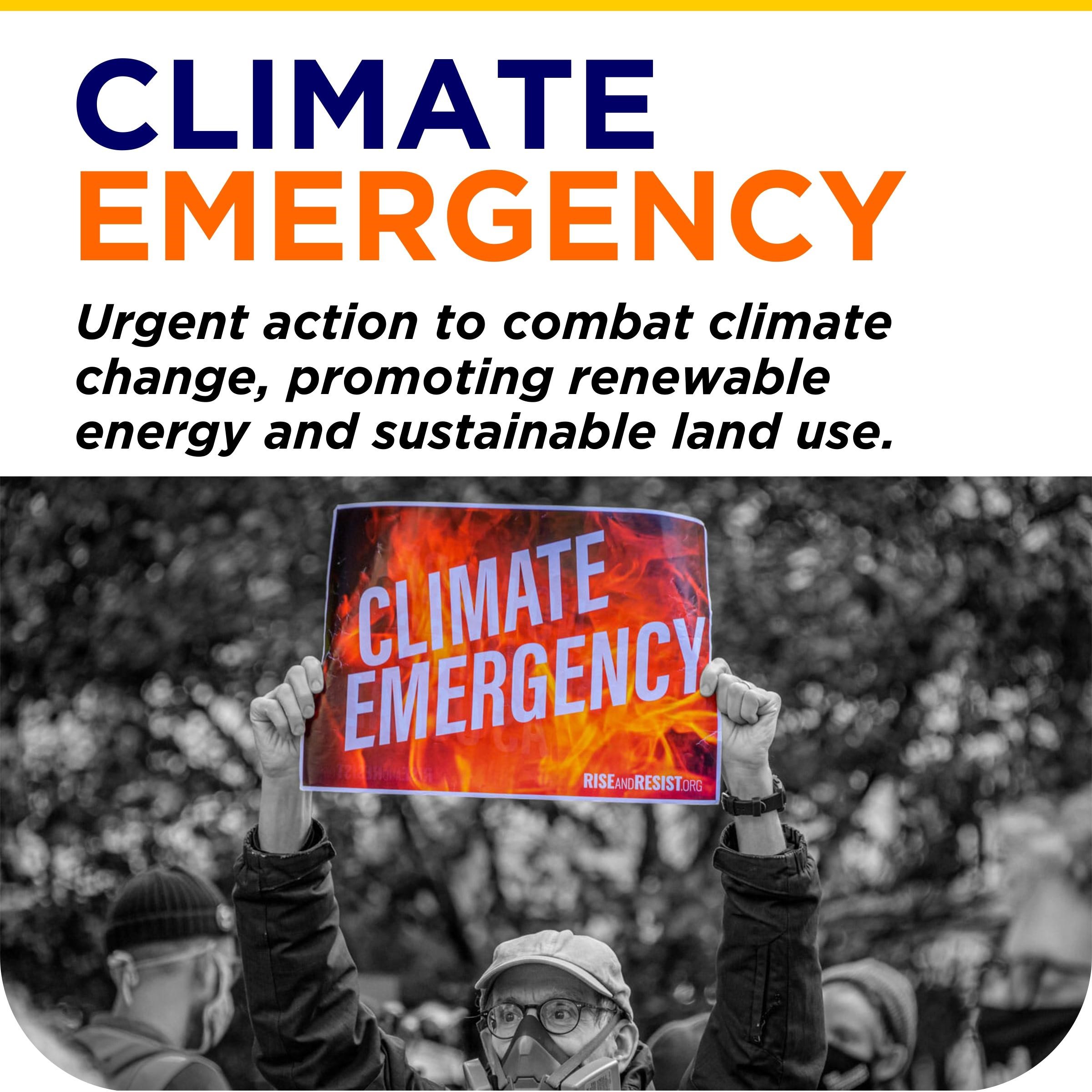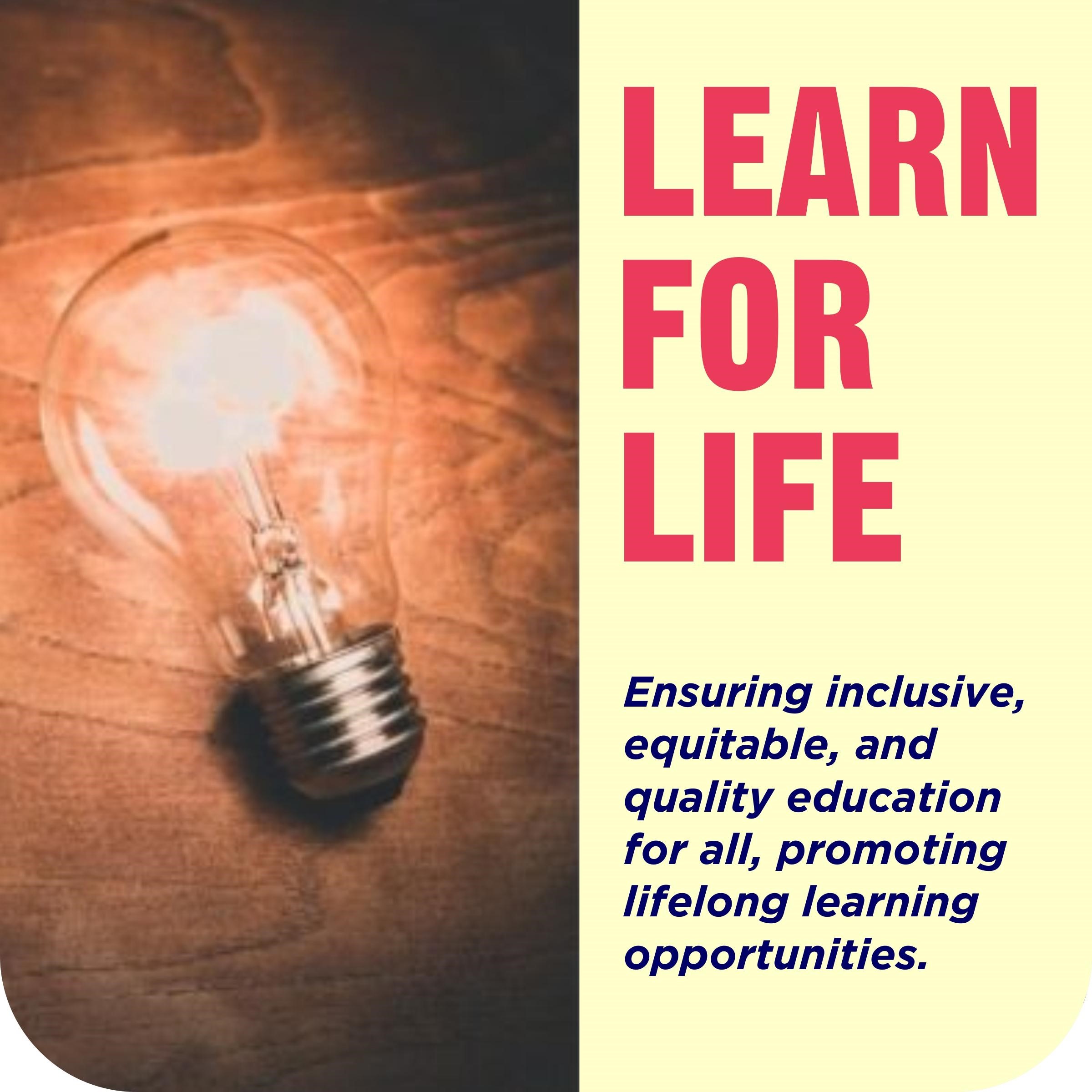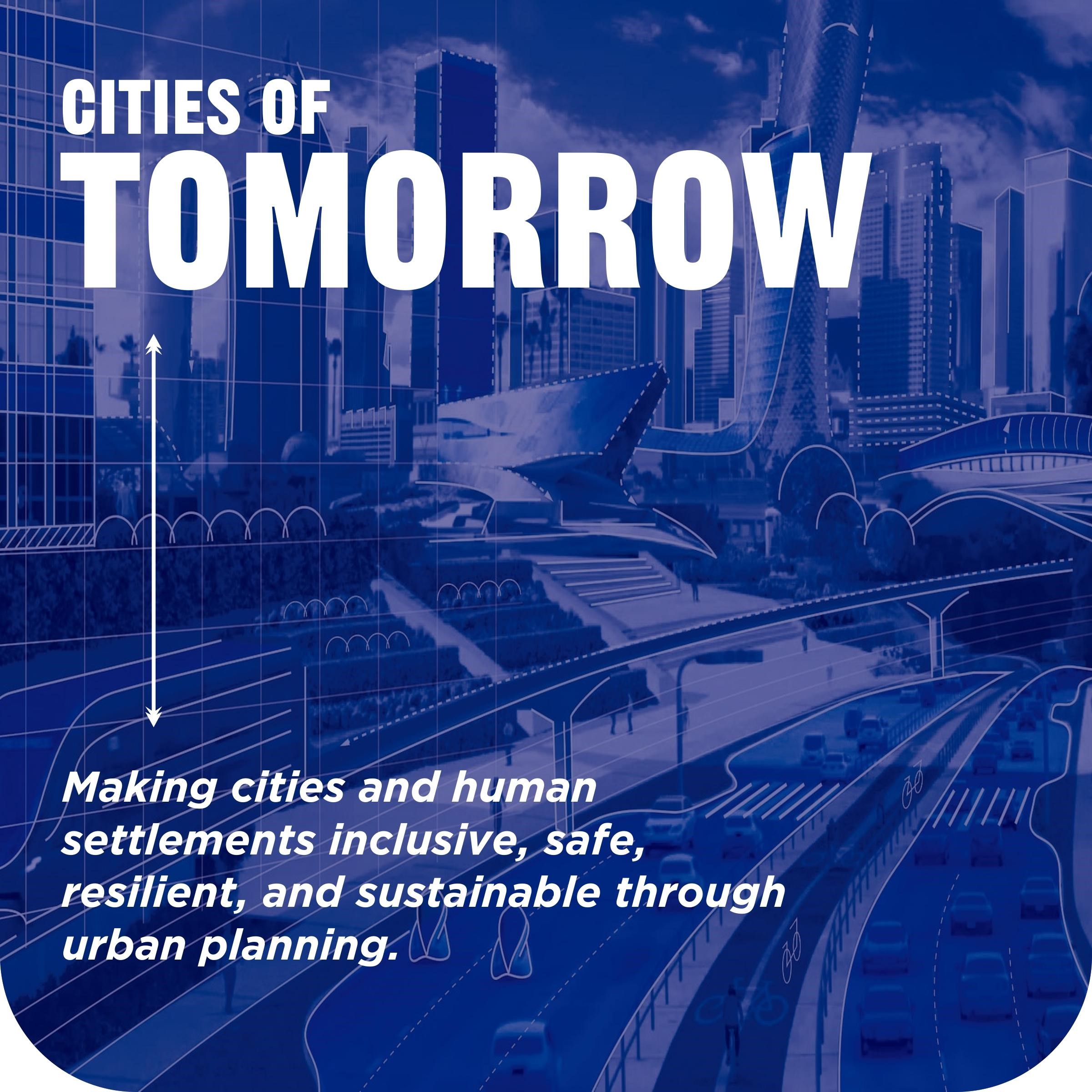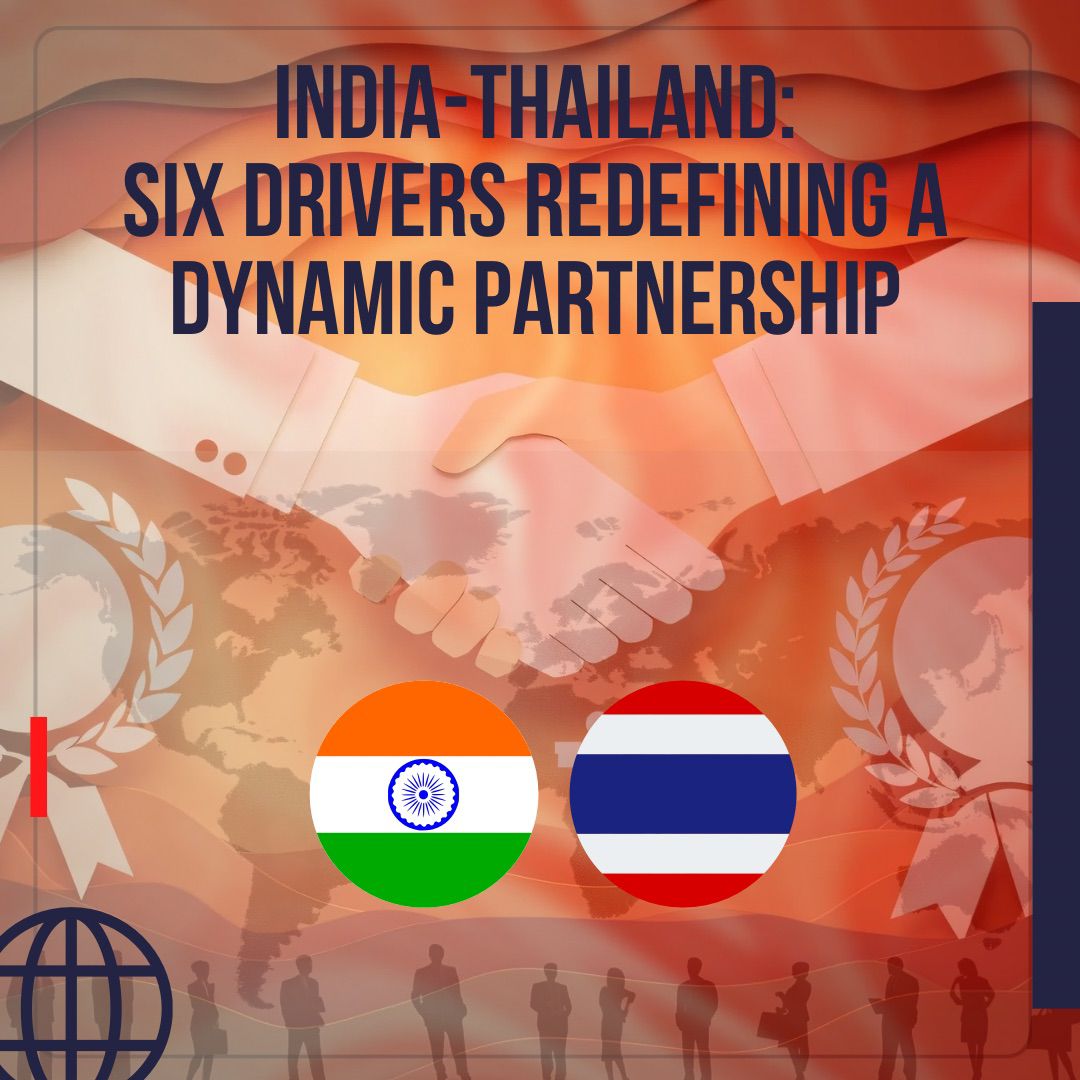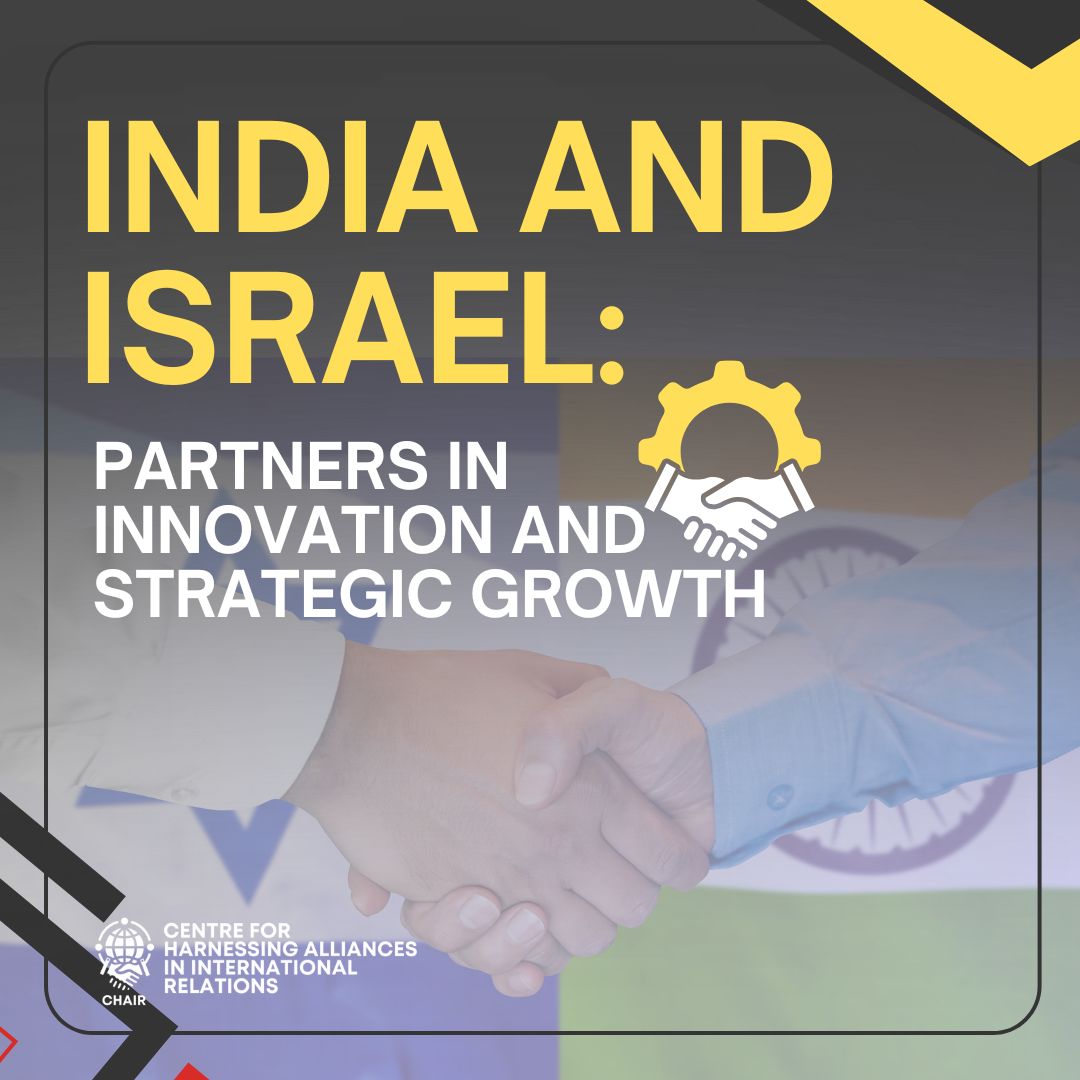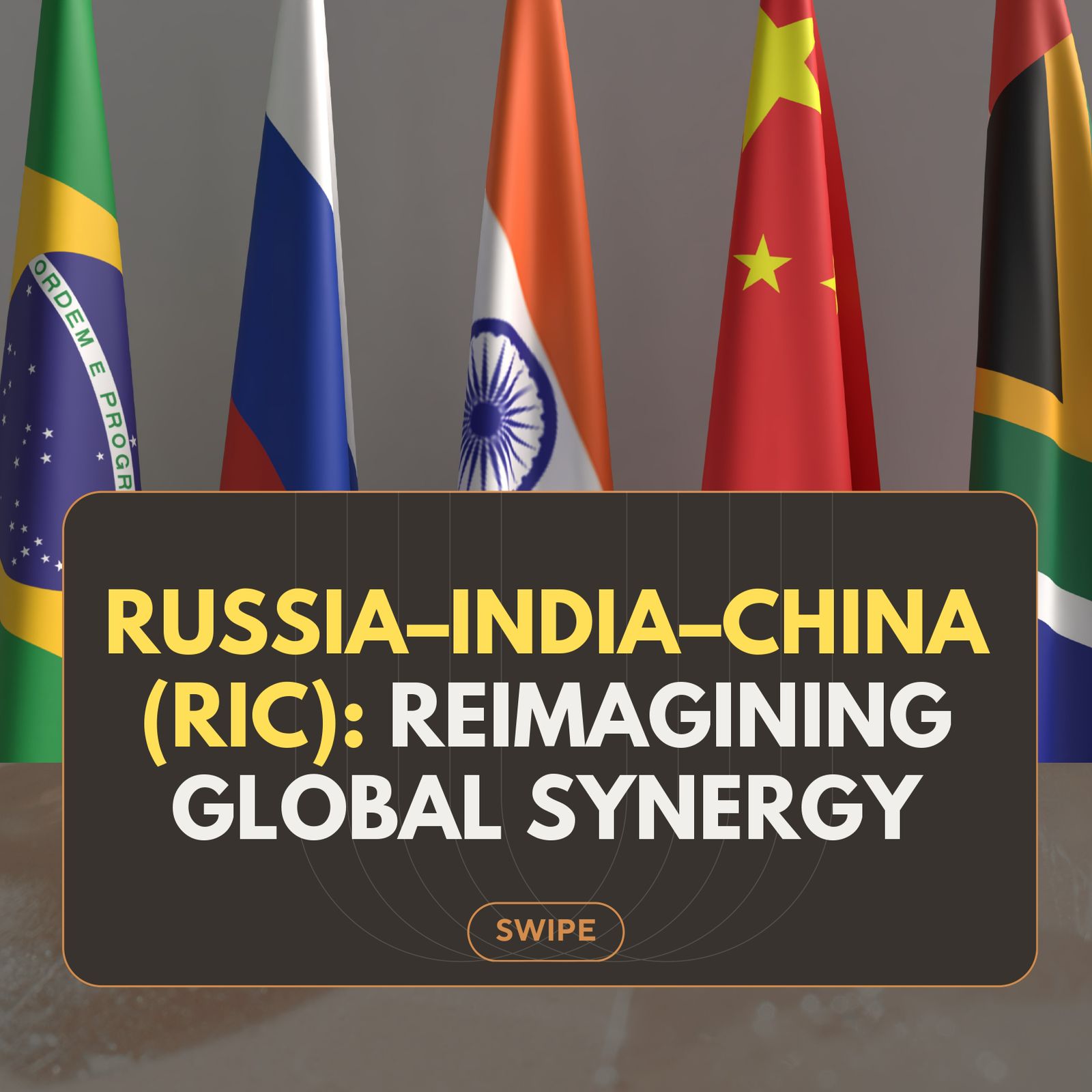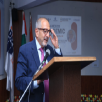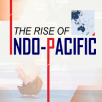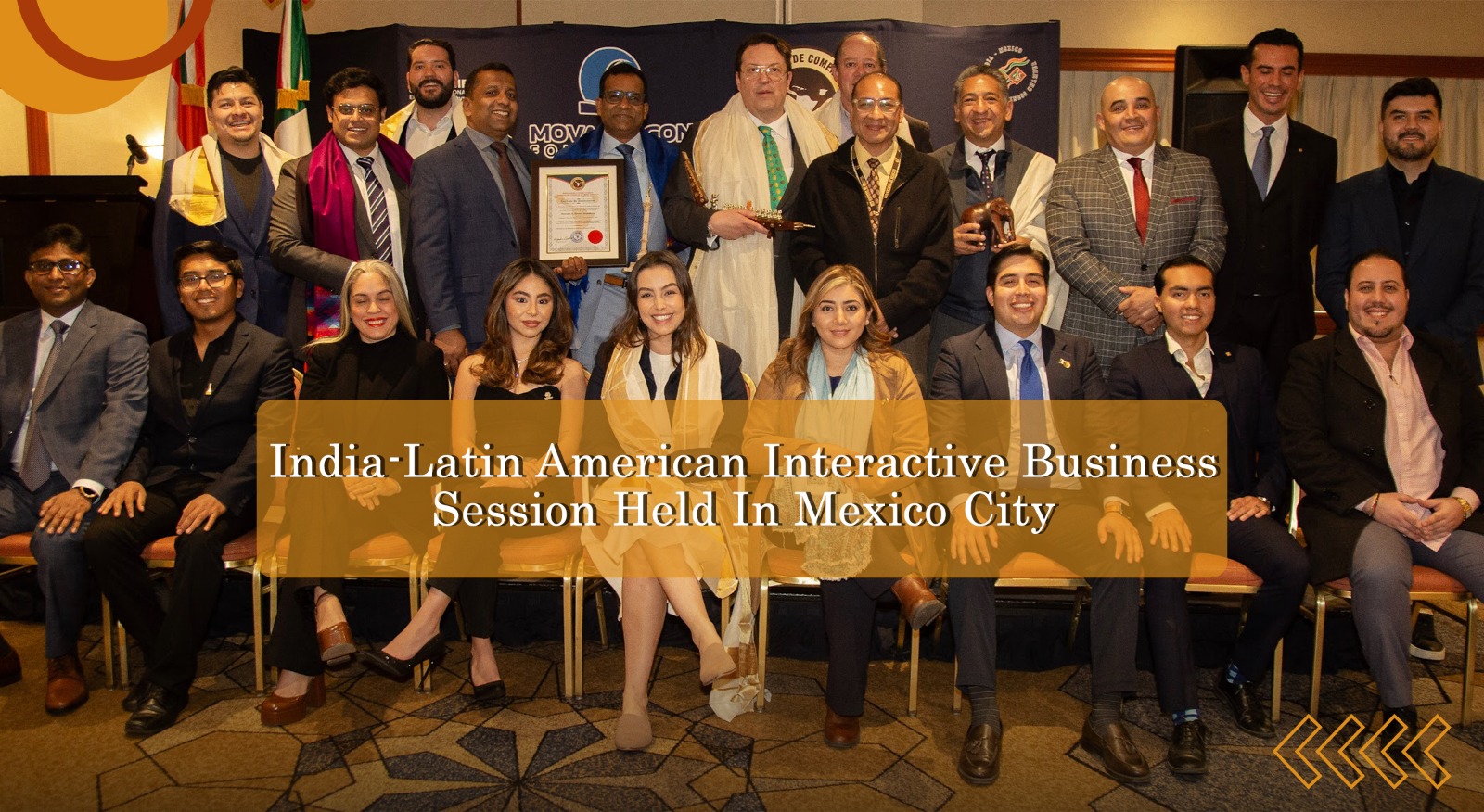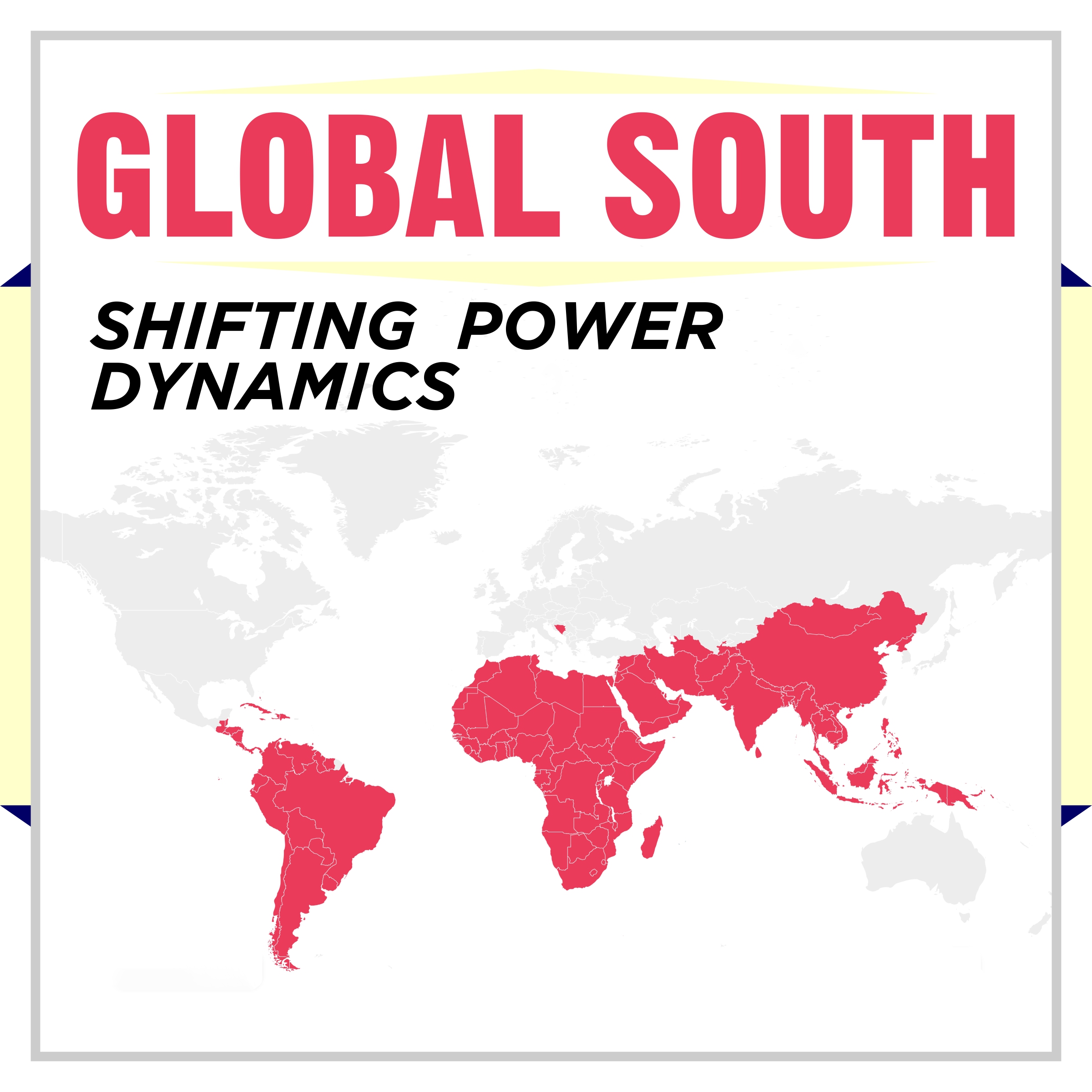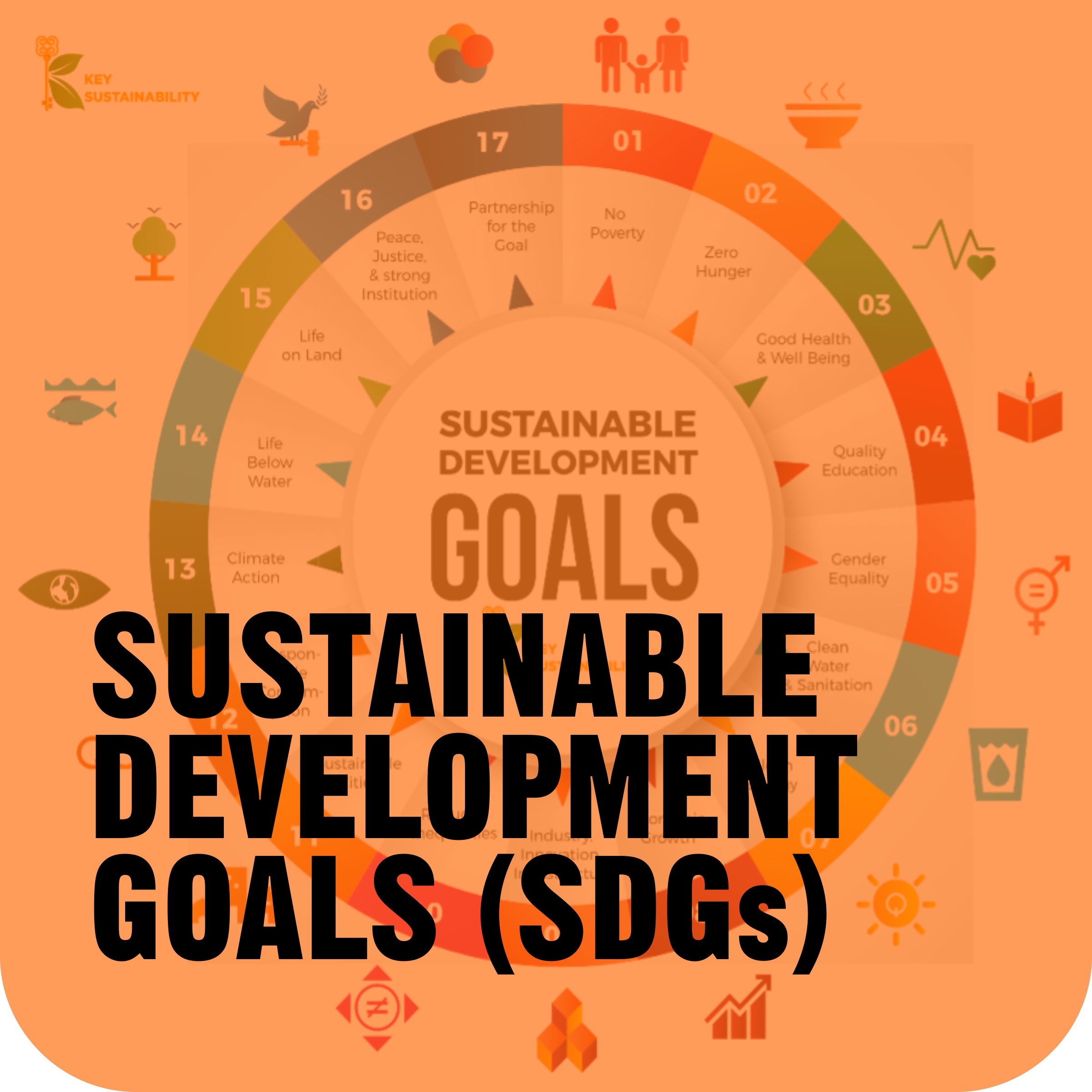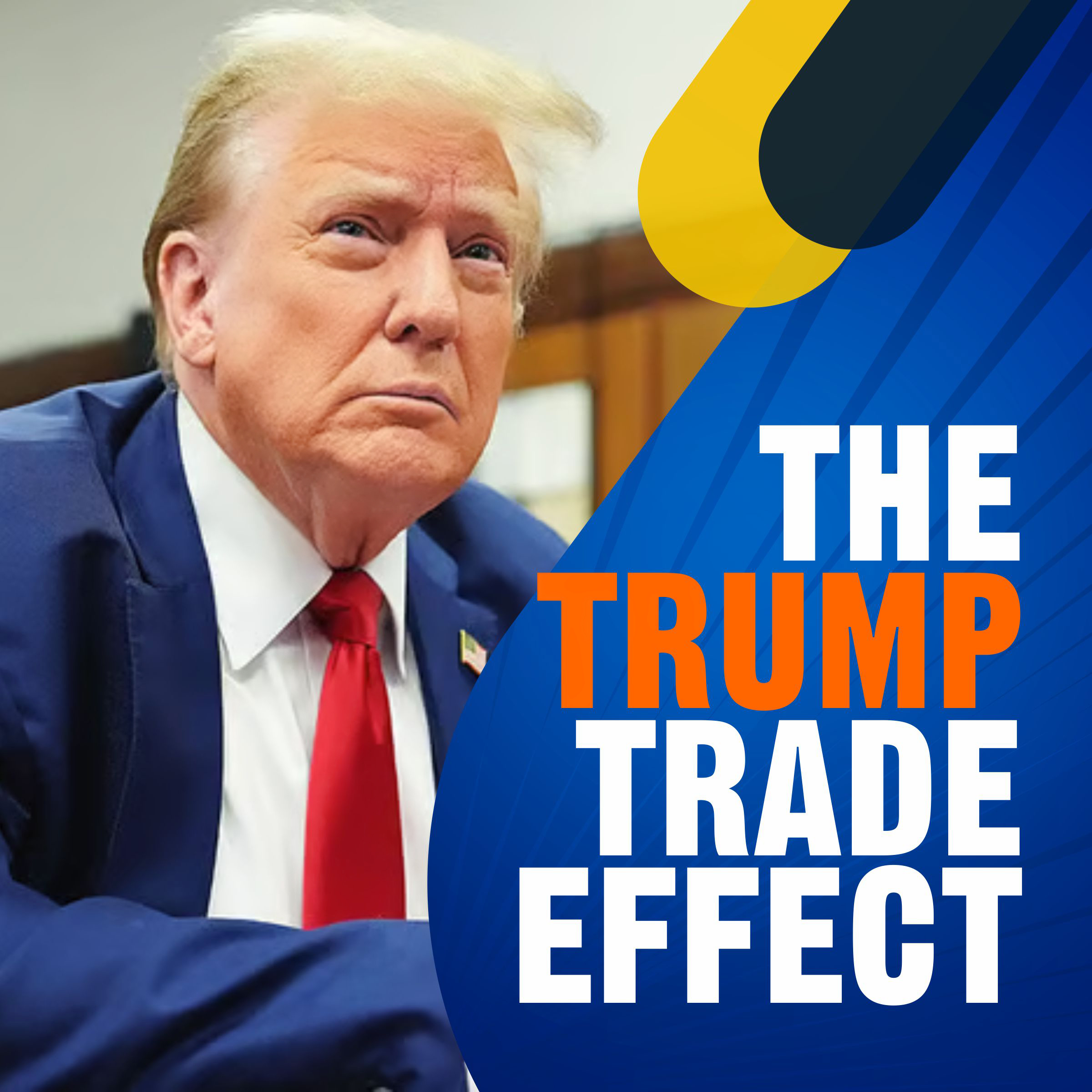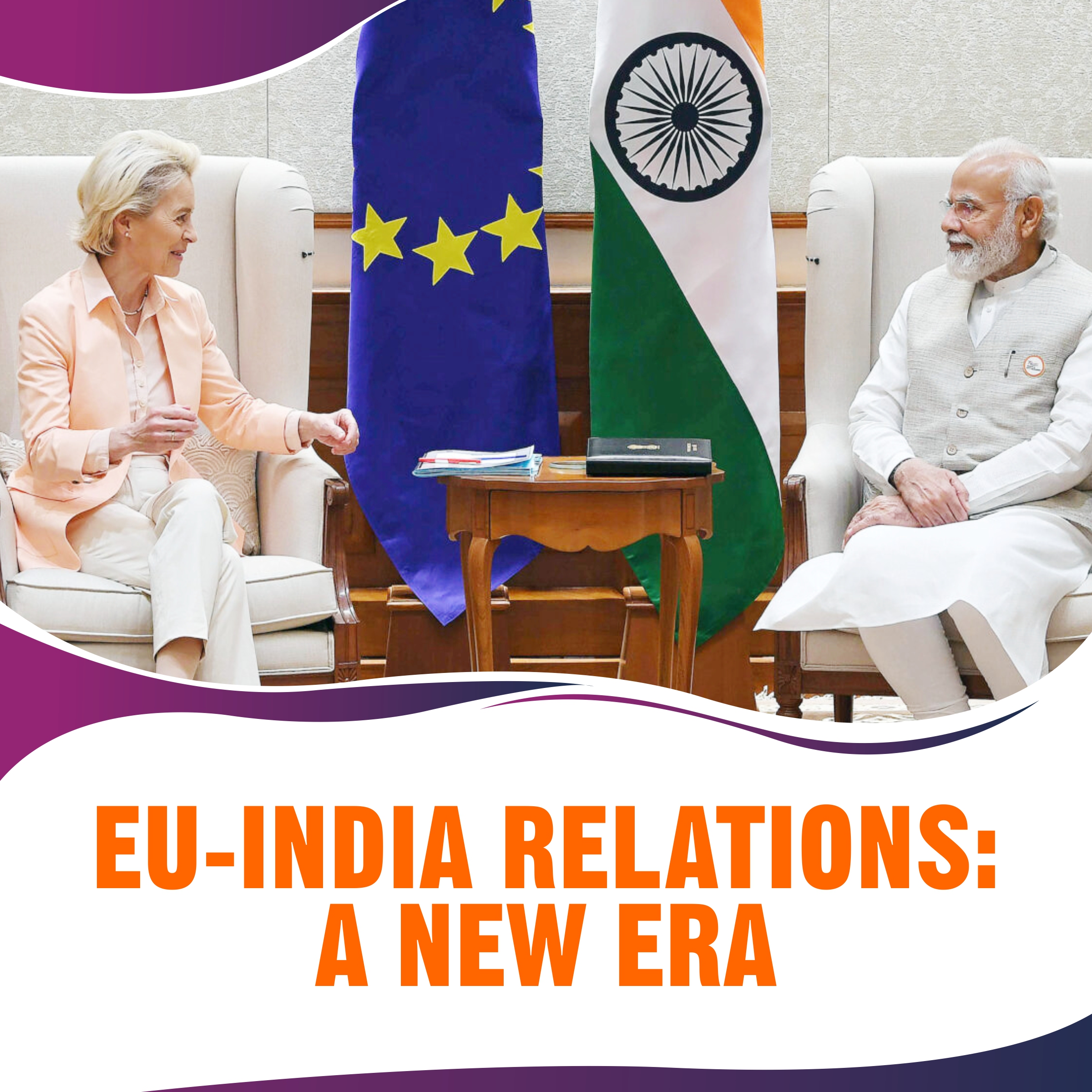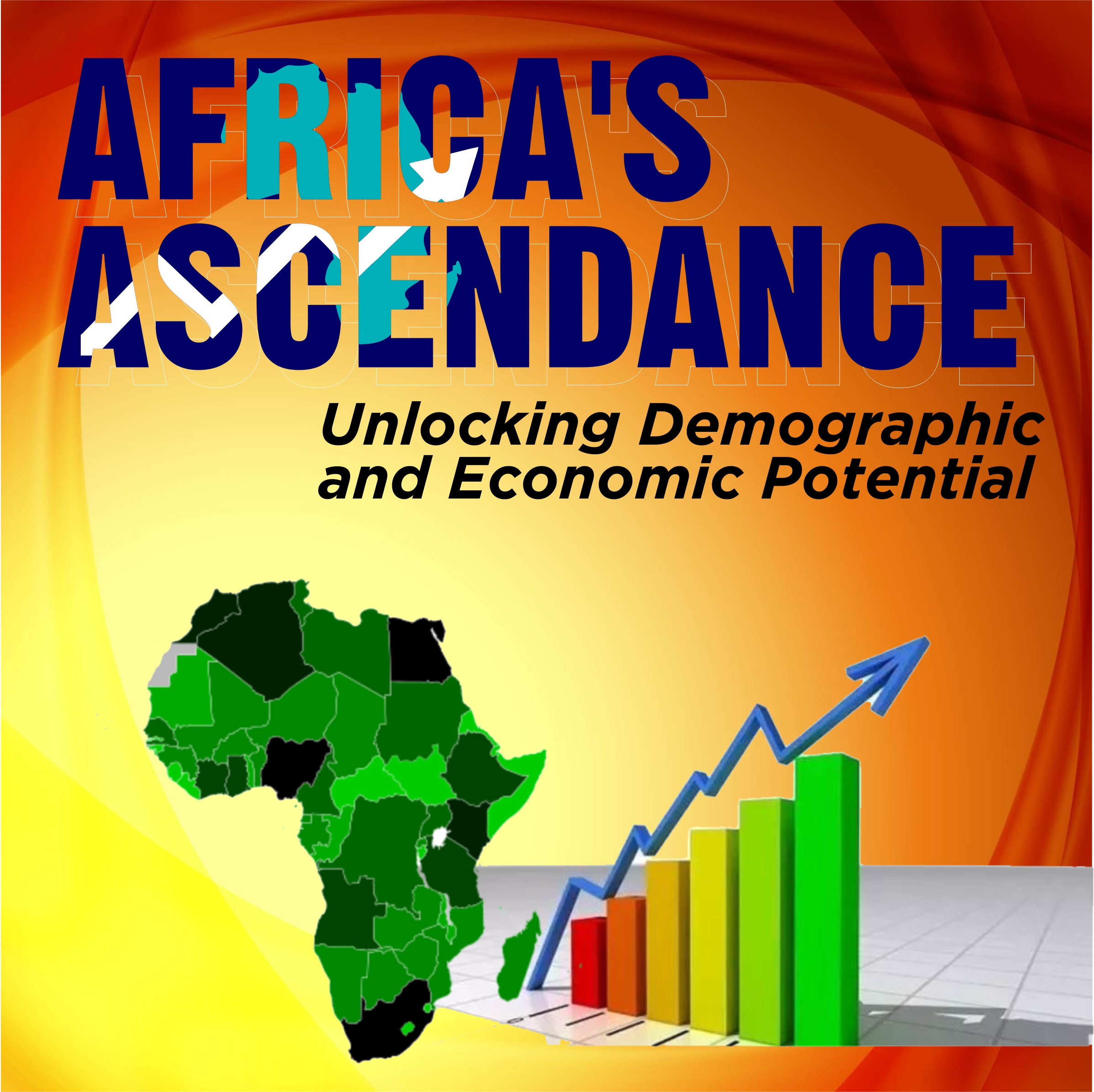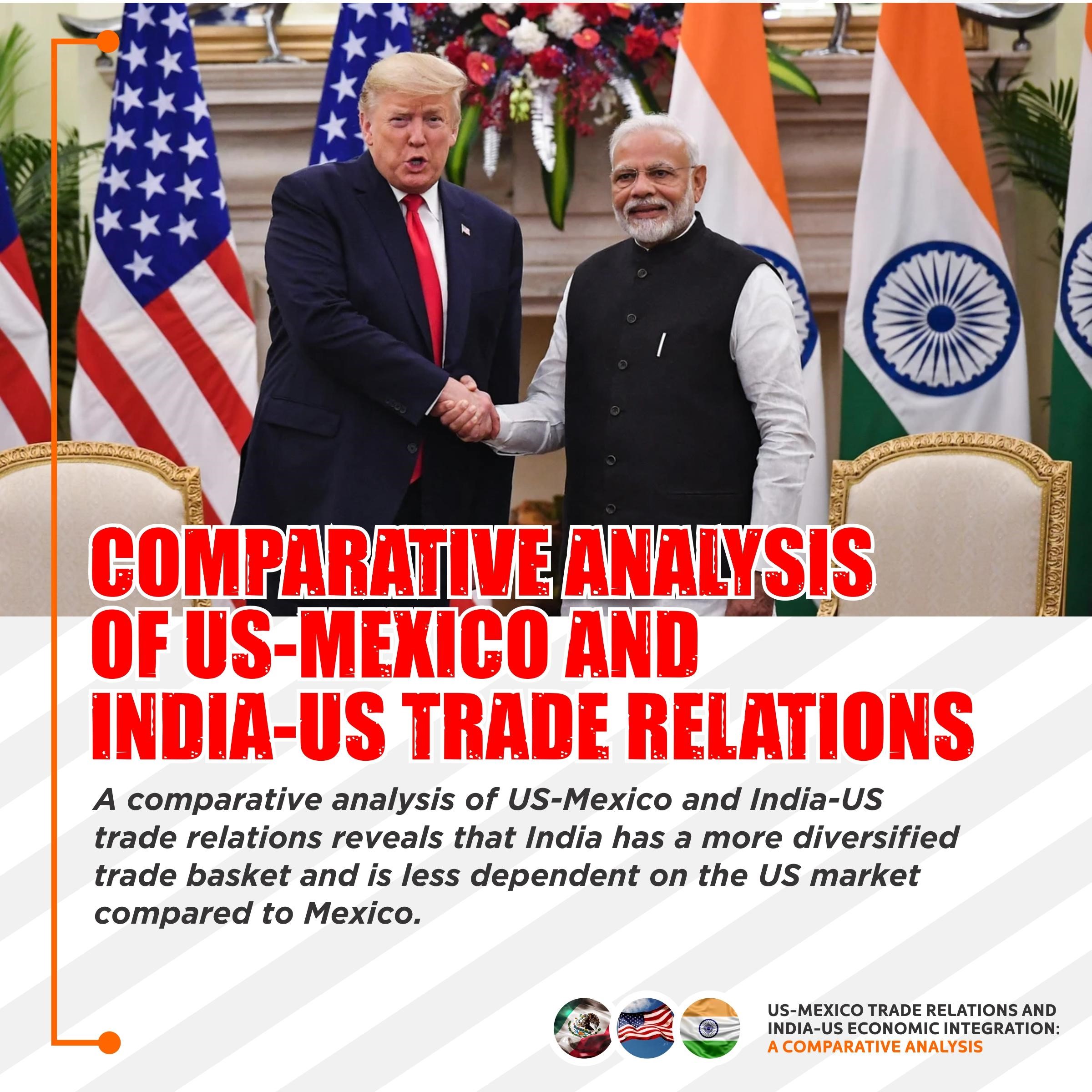As Christiana Figueres, former Executive Secretary of the United Nations Framework Convention on Climate Change, once said, "The good news is that the solution to climate change is not a sacrifice, but a tremendous opportunity." By transitioning to a low-carbon economy, we can create new jobs, stimulate innovation, and improve public health. Moreover, by promoting sustainable land use practices, we can reduce deforestation, promote biodiversity, and support rural development.
Education is another critical component of the SDGs, as it provides the foundation for personal and societal development. Ensuring inclusive, equitable, and quality education for all is essential for breaking cycles of poverty, promoting social mobility, and fostering a culture of lifelong learning. According to UNESCO, in 2019, an estimated 258 million children, adolescents, and youth were out of school, missing out on the opportunities that education provides. By investing in education infrastructure, implementing policies and programs that promote access to education for marginalized and disadvantaged groups, and fostering a culture of innovation and creativity, we can unlock human potential and create a more informed, engaged, and empathetic global citizenry.
As Malala Yousafzai, Nobel Peace Prize laureate, once said, "One child, one teacher, one book, one pen can change the world." By prioritizing education, we can empower individuals, communities, and societies to drive positive change and create a more just and equitable world.
As the world becomes increasingly urbanized, making cities and human settlements inclusive, safe, resilient, and sustainable is a pressing priority. This requires adopting integrated urban planning approaches, promoting inclusive and participatory governance, and investing in resilient infrastructure, including green spaces, public transportation, and affordable housing. According to the United Nations, by 2050, an estimated 68% of the world's population will live in urban areas, making sustainable urbanization a critical challenge. By creating sustainable cities, we can reduce poverty, inequality, and environmental degradation, while promoting economic growth, social cohesion, and cultural diversity.
Achieving the SDGs requires a global effort, involving governments, civil society organizations, the private sector, and academia. Fostering global partnerships and cooperation is essential for mobilizing resources, sharing knowledge, and leveraging expertise to address the complex challenges facing our world. According to the United Nations, the SDGs will require an estimated $5-7 trillion in investments per year, making partnerships and collaborations critical for mobilizing resources and expertise.
As Ban Ki-moon, former Secretary-General of the United Nations, once said, "The SDGs are a universal call to action, requiring the collective efforts of governments, civil society, the private sector, and individuals." By working together, we can pool our resources, expertise, and knowledge to drive progress towards the SDGs.
Finally, effective implementation and monitoring of the SDGs are critical for ensuring progress and accountability. This requires establishing clear indicators and benchmarks for SDG progress, strengthening national statistical systems and data collection mechanisms, and fostering a culture of transparency and accountability. By tracking progress, identifying gaps, and adjusting strategies, we can stay on course to achieve the SDGs and create a more just, equitable, and sustainable world for all.
As we move forward on this journey towards a more sustainable future, it is essential that we remain committed to the principles of the SDGs, including universality, inclusivity, and leaving no one behind. By working together and staying focused on our shared goals, we can create a brighter future for all, where everyone can thrive in harmony with the planet.
In conclusion, the SDGs represent a beacon of hope for a better future, where humanity can thrive in harmony with the planet. By addressing the complex challenges facing our world, from poverty and inequality to climate change and environmental degradation, we can create a more just, equitable, and sustainable world for all. The journey ahead will be long and challenging, but with determination, creativity, and collective action, we can achieve the SDGs and create a brighter future for generations to come.

